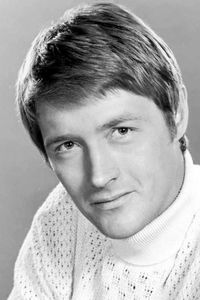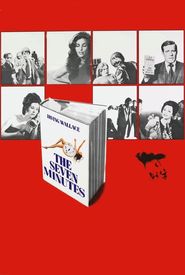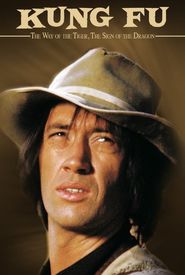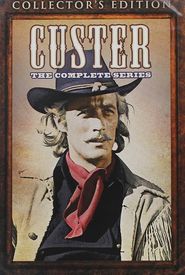Wayne Maunder was born on December 19, 1937, in Four Falls, New Brunswick, Canada, and later moved to Bangor, Maine, where he grew up. Initially, his interest lay in major league baseball, and although he had several tryouts, he didn't succeed. He then shifted his focus to psychiatry while attending Compton Junior College in California, but eventually decided to pursue a career in drama.
A part in an amateur play sparked his passion for acting, and he moved to New York to pursue his dream of making it to Broadway. During the day, he studied at Stella Adler's Drama Group, and at night, he worked as a waiter at Grand Central Station to make ends meet. For the next two years, he honed his craft by acting in stock companies, taking on roles in plays such as Hamlet, Othello, and Much Ado About Nothing with the American Shakespeare Company on Long Island.
When a theatrical agent discovered him performing in The Knack, he was signed to a contract and headed back to Los Angeles. At the age of 29, he landed the lead role of Lieutenant Colonel George Armstrong Custer in the 20th Century Fox television production, which was later titled The Legend of Custer (1968). To get into character, he grew a mustache and styled his blonde hair long.
The series, which was produced in 1967, was full of stunts, action, and believable storylines, captivating the audience, although it only lasted for 17 episodes. In 1968, he was cast as Scott Lancer, the oldest son of Murdoch Lancer, in the series Lancer, also produced by 20th Century Fox. As part of his role, he was required to participate in action scenes and horseback riding, and he grew out his hair and shaved off his mustache.
Despite his changed appearance, he still received an abundance of fan mail and appeared in television and teen magazines at the time. In 1971, he appeared in the film The Seven Minutes, and on television in Kung Fu (1972) and Chase (1973). In 1981, he had a reported role in Porky's, his last known acting credit.
Today, Wayne Maunder dedicates his time to producing independent films behind the camera, marking a significant shift from his earlier days as a performer.


























